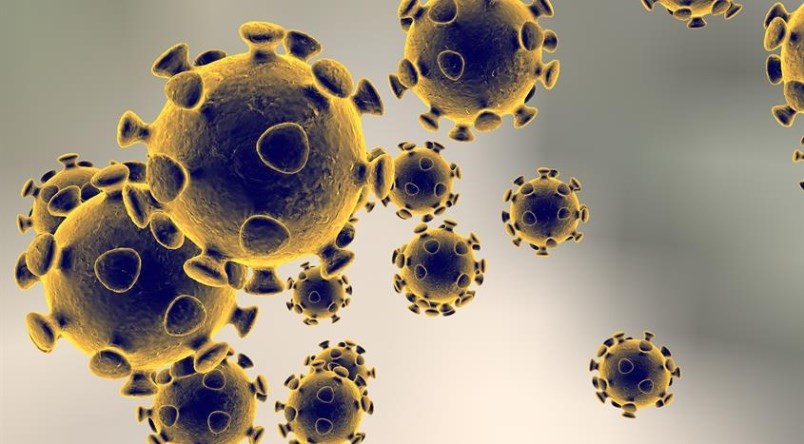The first time I heard the term “social distancing,” it reminded me of the “conscious uncoupling” term actress Gwyneth Paltrow and pop star Chris Martin used when they separated.
We laughed then, but no one is laughing now. The euphemism for staying out of each other’s hair, figuratively and literally, is an essential ingredient now that we have taken COVID-19 seriously. We need to stay apart when we also need to unite.
It is made more difficult when the planet’s most powerful man is in denial — when he cannot persuade the markets, much less the world, that this is just another flu season and that we can go to work with it. If there was ever a time for him to admit a mistake, this is it.
We are entering a behavioural change in our work lives and life lives. Long, hot, prolific washing of hands. Becoming neat freaks. Covering our mouths with our sleeves, not our hands, when we cough. Not shaking hands. Getting a good night’s sleep.
The easy part was cancelling all the events. We know what not to do. The hard part is the uncharted road ahead. We don’t know what we can do.
Public transit and traffic lightened last week and will deeply do so in the weeks ahead as more people work from home. This crisis — and it is one, make no mistake — will go far to determine how integral an office is and how much we might capably work remotely. Technology improves every time we think about doing this, but this may be an inflection point.
We will also come to recognize how globalization has made us complacent about supply chains for what we buy and produce. The era of abundance will face a hiccup of scarcity. Inventory is expensive but might be more necessary for tomorrow’s businesses.
Still, those are considerations for another day.
The most important habitual change we might accomplish now, though, is to rid ourselves of the crap we accumulate that poses as news and information across the platforms that stream them. It is time for a true spring cleaning.
In the days, weeks and months ahead, nothing will matter more to our lives than to be properly informed. I hope this, too, becomes an inflection point, but I have my doubts considering what I have seen so far. So much nonsense is circulating — hysteria in some quarters, outright quackery in others — that I’m wondering if for some of us the handcart has truly arrived in hell. The most obvious objective ought to involve focusing on your major trusted sources, namely your health authorities and your local traditional media reporting on them. I think this might be our most important route to mitigate what will be coronavirus in most of us.
So, first things first: find and support good media, then examine your social media feed. Is it focusing on evidence or hearsay? Are you consuming the credible voices, or are you distracting yourself with loud but uncredentialed voices? Are you in some kind of echo chamber? This is not the time to stray from established outfits or to latch on to instant answers for a beguiling menace. This is the time for facts, for a reliance on experienced hands (washed) to lead us.
COVID-19 has already wreaked phenomenal initial personal and economic damage. The early statistics — death rates, infection rates, transmissions, cases — will prove non-linear and difficult to project as more data emerges. It will ease and then seize, then relent and recur. It is maddening, and that madness is bound to come out sideways in some of us. Lockdown and restraint are not our basic instincts. We will need to supplement our resilience with tolerance to get through it. We will need to give the benefit of the doubt more often to people who find the anxiety of the moment intolerable.
We won’t know we’re done with COVID-19 until we’re well done with it, perhaps until we have a vaccine a year from now. Hoarding toilet paper may one day not seem so crazy. But we will not regret pre-emptive measures to preserve health and safety, no matter what they cost.
This is the first period of a hockey game that will go into overtime. About all we can do is try to stay on the surfboard as we ride the waves blindfolded.
Kirk LaPointe is the publisher and editor-in-chief of Business in Vancouver and the vice-president, editorial, of Glacier Media.




